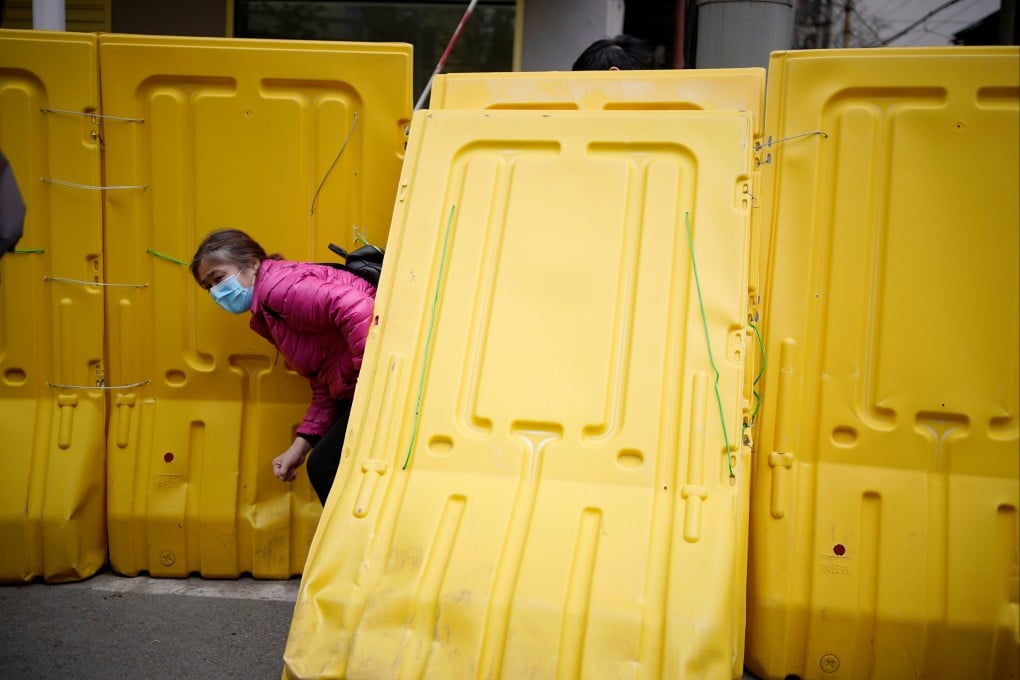China’s Covid-19 response rallied the public up until Shanghai lockdown: study
- Researchers in Denmark, the US and Hong Kong find initial strong support for Beijing’s response fell sharply in 2022
- The study’s authors say the sudden drop in public trust after Shanghai was locked down may have been a trigger for that year’s protests

Researchers from three universities in Denmark, the United States and Hong Kong, found that people surveyed during the lockdown in February 2020 gave an average score of 8.5 out of 10 when rating their trust in Beijing – up from 8 out of 10 in May 2019.
According to the study, published online on May 27 by the Journal of Contemporary China, trust in the central government fell sharply in September 2022 – after Shanghai’s two-month lockdown – compared with March that year, weeks before the city shut down.
The authors – Yue Guan from Aarhus University in Denmark, the University of California San Diego (USCD)’s Lei Guang, and Liu Yanchuan and Li Lianjiang of Hong Kong’s Lingnan University – analysed eight online surveys of urban Chinese residents.
